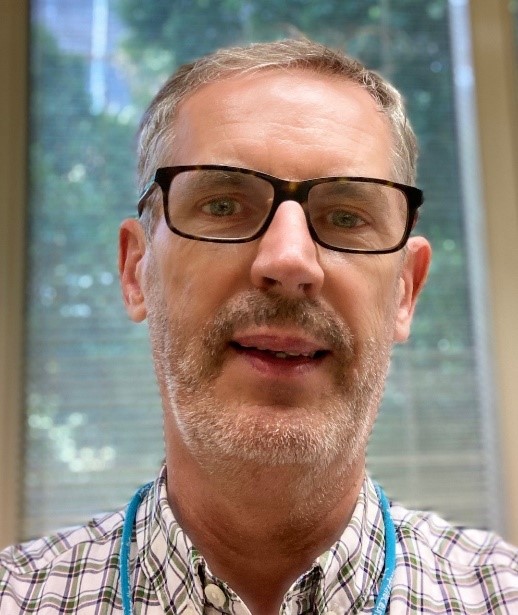
EU Challenges Panel 1: Paul Desruelle
The 25 countries that signed the Declaration of Cooperation on Artificial Intelligence made the first step towards boosting AI technology and industrial capacity through access to public sector data. Also, there are plans to fund AI R&D activities. The main idea is to work towards a comprehensive and integrated European approach on AI to increase the EU’s competitiveness, attractiveness and excellence in R&D in AI, as well as, keep it within some Ethical, Legal, Social, Economic and Cultural (ELSEC) limits.
After the COVID19 pandemic, there are significant changes in the horizon, as a possible reduction in the original funding strategy. How will it be possible to have a coordinated approach towards AI for good and for all? How to transform AI-based technologies in something that benefits people and society as a whole? In this panel, we like to discuss How to (1) boost tech capacity, (2) prepare for socio-economic changes and (3) ensure ELSEC framework.

